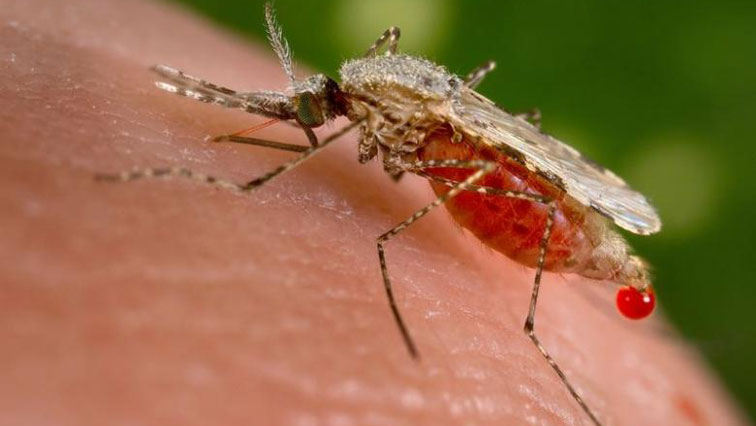Nigeria’s Minister for Health, Prof. Isaac Adewole says the prevalence rate of malaria has been reduced from 42% in 2010 to 27% in 2015.
He disclosed this at the Malaria Public Sector Stakeholders meeting on dissemination of the Achievements of the MAPS-C project of Africare, an NGO, in collaboration with Exxonmobil, in Abuja.
Adewole, who was represented by Dr Evelyn Ngige, Director, Public Health in the ministry, says that efforts put in combating the malaria scourge in the country was yielding positive results, as recent surveys show progression.
According to the minister, Nigeria contributed about 27% of the 260 malaria cases and 23% of the 435 000 deaths recorded in 2016, according to the 2017 World Malaria Report.
Adewole says that in order to sustain the gains and sustain the danger of a reversible, there was a need to deploy an innovative approach to prevent, diagnose and treat malaria.
“With an effective surveillance system, we can track our progress.
“We have embarked on actualisation of the basic healthcare fund which is meant to increase the physical space and overall financing of the health sector and lead to the achievement of the Universal Health Coverage (UHC),” he says.
Adewole, while appreciating Africare, says that the Malaria Prevention in MPN Suppliers Communities (MAPS-C ) initiative was quite an impressive one.
The initiative, he explains, is an attempt to improve the quality of testing and diagnose malaria while also collating data through the introduction of new technology, the Deki reader.
The technology, the minister adds, is a specialised and integrated platform that uses an innovative approach to improve the accuracy of Rapid Diagnostic Testing (RDT) for data capturing and decision making.






